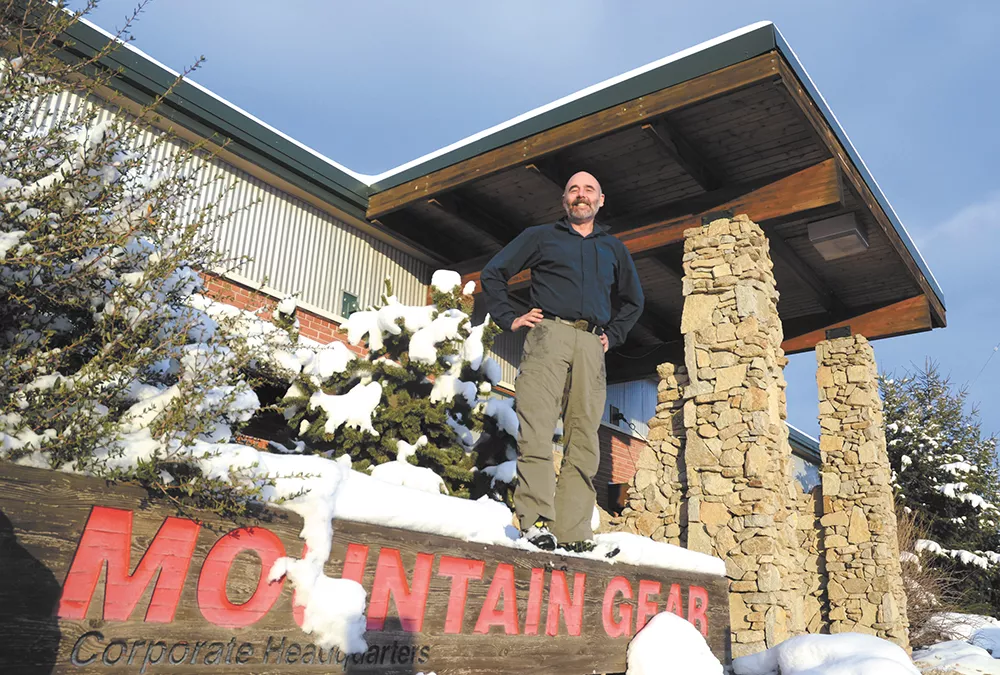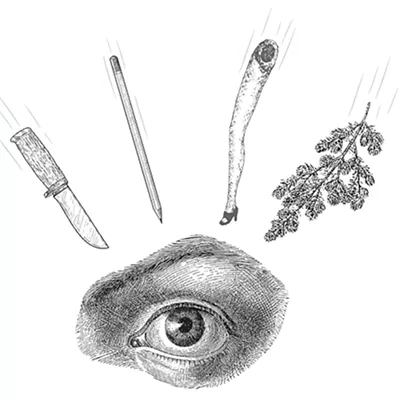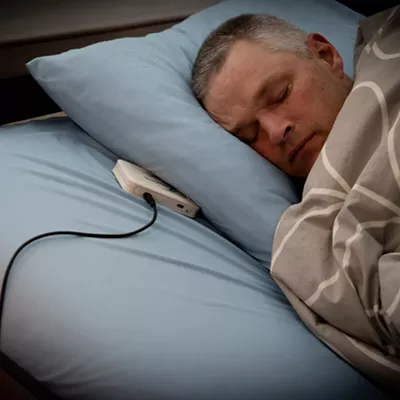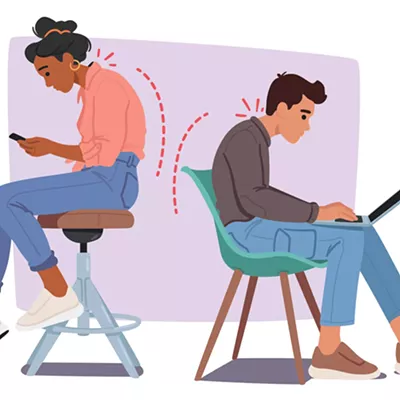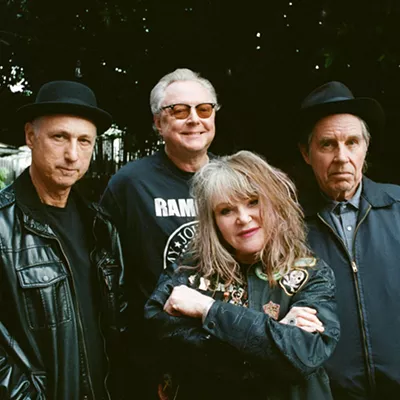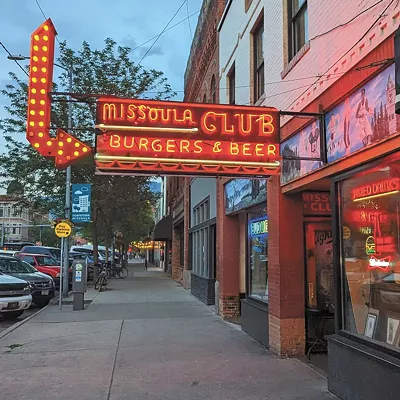When Paul Fish started Mountain Gear more than 25 years ago, building a business out of his idea for a better backpack, there wasn't nearly the amount of information about climate change that we have in 2016. The avid recreationalist knew that the world's beautiful places needed protection, but it took a bit longer to realize part of that protection began right in Spokane at his store.
"As business evolved, I came to realize that I needed to take a holistic view," Fish says. "You can't be an environmentalist just by protecting the world's wild spots. You have to look at your carbon footprint. That seems obvious now, but it maybe wasn't so obvious a few years back."
If there was one thing that triggered Fish's own environmentalism besides his love of the outdoors, he figures it was a 1978 college lecture, when he heard an astrophysicist saying if Earth's natural resources ran out, it wouldn't be a problem because we'd have the technology to move the Earth's inhabitants to another planet. Skeptical, Fish started living more environmentally responsibly in his own life, and eventually took his practices to his business. While many are good at talking the talk of environmental stewardship, Fish walks it every day at Mountain Gear.
He encourages employees to use alternative forms of transportation through subsidized bus passes, on-site showers, an indoor bike room and shop, and incentives for carpooling. They also enjoy a community garden, where employees not only practice sustainable farming, but also enjoy the goods baked on site by the company's own baker. Fish also stocks a number of products made from organic, recycled and renewable materials and using Fair Trade practices in the store's Sustainable Pick program, making it easy for customers to choose an ecologically sound new piece of equipment while also showing the companies whose products fill Mountain Gear's shelves that such products can and do sell.
The most obvious sign of Fish's commitment came when he built the new Mountain Gear headquarters and distribution center, a 112,000-square-foot Spokane structure that is LEED gold-certified. The certification wasn't the goal at first; Fish simply wanted to build the most-sustainable, energy-efficient building he could. But talking with engineers in the design process, he learned that much of what he wanted would lend itself to LEED certification.
"What I learned from that is that it's important to use a standard," Fish says. "You can't just say, 'Hey, I'm going to do what I think is environmental,' because we all believe we're environmentalists, and we all believe we're doing the minimum impact we possibly can ... It was not our goal to have a LEED leaf on the wall. It was our goal to build a LEED building that made economic sense for a normal business. We proved that sensible LEED doesn't have to be expensive."
Fish figures that the building cost a little more, about seven cents per square foot, but the results speak for themselves: "We use 38 percent less energy than the code at the time required, for lighting and heating," Fish says. "And 60 percent less water than was previously used. So it's considerable savings. The cost of building your building is small compared to the cost of ownership over time."
While Fish is an outspoken advocate of green building, serving as a mentor for the Green Building Education Program and leading tours of his facility for visitor groups large and small, he's disappointed that few of the businesses that have checked out Mountain Gear's facility have followed in his footsteps. The more businesses that get on board, the better the long-term health of the great outdoors he loves so much.
Even without many followers as of yet, he's happy with the effect that greening his company has on his employees, and ultimately, his customers.
"The best benefit of this is not the little we save on energy and water," Fish says. "It's the increase of productivity of the people I work with. When people see that a business is putting its money where its mouth is, I think they believe in their workplace and they work harder. It certainly shows here."

